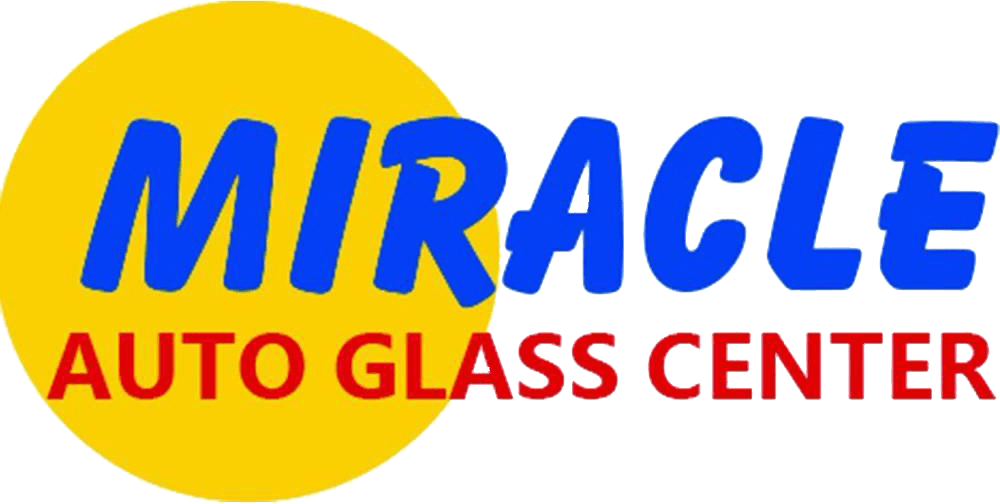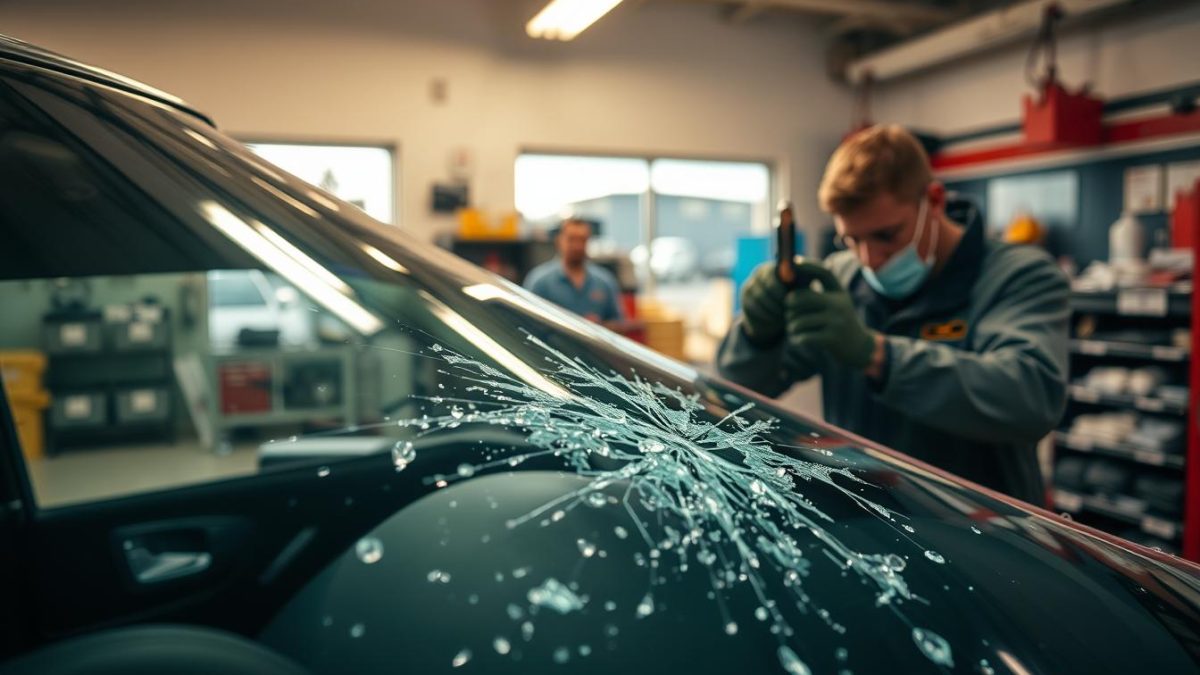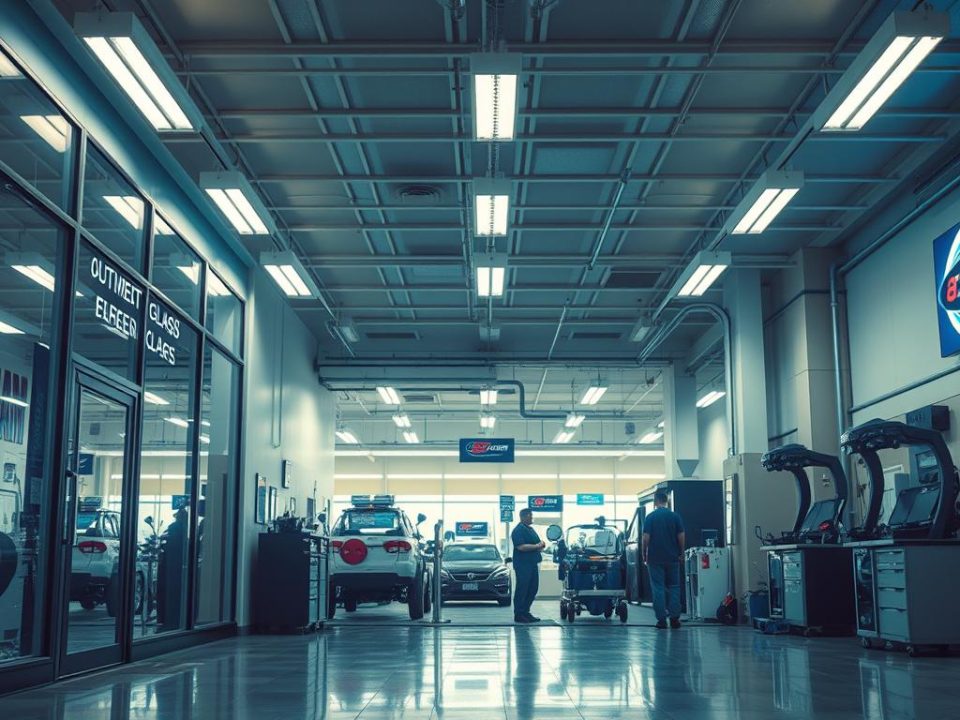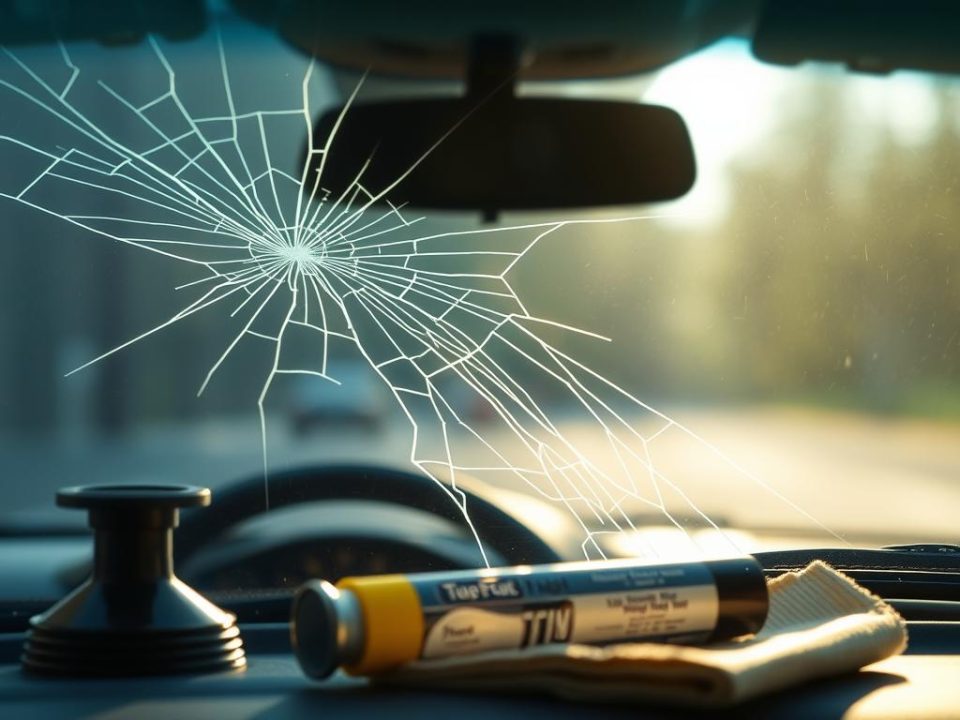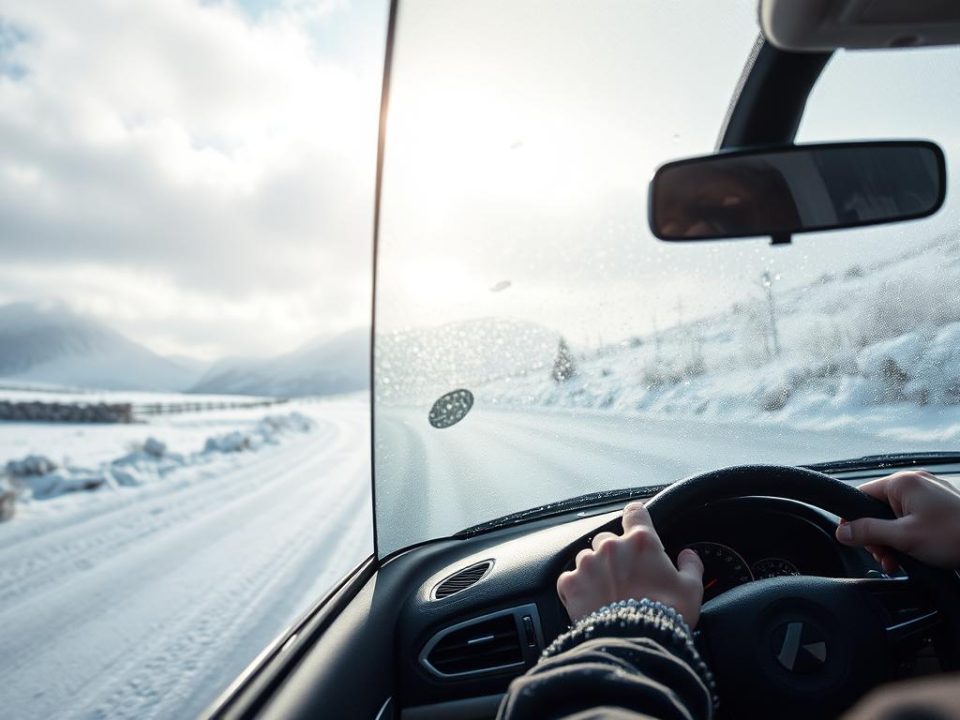
Preventing Windshield Cracks in Cold Weather
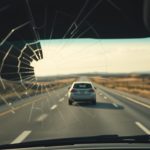
Texas Laws About Driving with a Cracked Windshield
If you’re driving through a hail storm, you might be worried about the potential damage to your vehicle, particularly your windshield. Hail can cause significant cracks, compromising your windshield’s integrity and obstructing your view.
Addressing hail-caused cracks promptly is crucial. Ignoring the issue can lead to further complications, such as the crack spreading due to temperature changes or road vibrations. This not only affects your vehicle’s appearance but also its safety features.
To ensure your vehicle remains safe to drive, it’s essential to understand the steps to take after discovering hail-related windshield damage. This guide will walk you through the necessary actions and introduce you to professional auto glass repair services.
Key Takeaways
- Prompt action is necessary to prevent further windshield damage.
- Hail storms can cause significant windshield cracks.
- Professional auto glass repair is recommended.
- Ignoring windshield cracks can lead to safety issues.
- Miracle Auto Glass offers expert repair services for windshield and other glass damages.
Understanding the Impact of Recent Hail Storms on Vehicle Glass
As hail storms become more frequent, understanding their impact on vehicle glass is crucial. Hail storms can cause a range of damage to your vehicle’s windshield and other glass components.
Common Types of Windshield Damage from Hail Storms
Hail storms can result in various types of windshield damage, including chips and cracks. The size and location of the damage can vary depending on the severity of the storm and the size of the hailstones. Windshield chips are small areas of damage that can often be repaired, while larger cracks may require a full replacement.
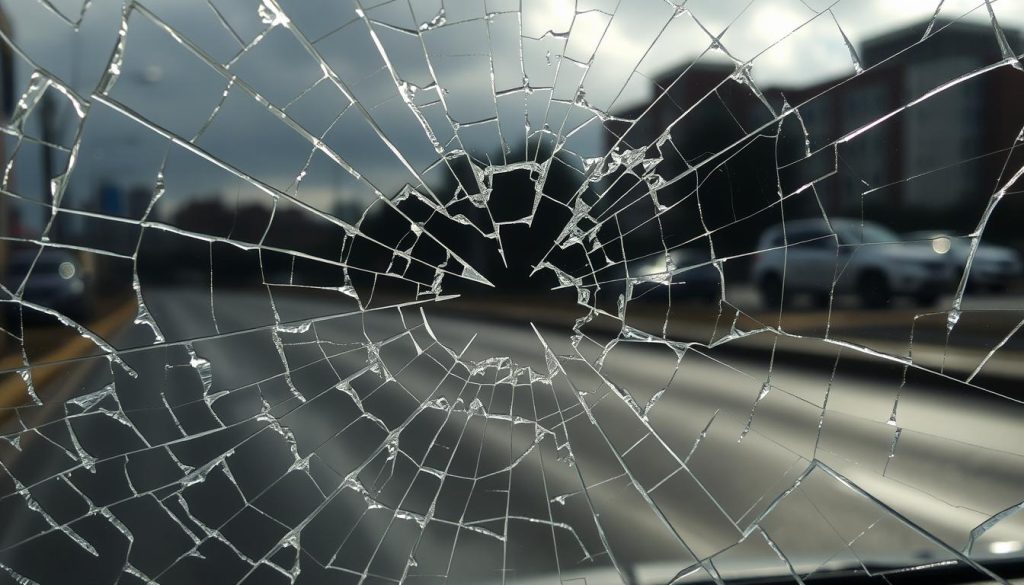
Safety Risks of Driving with Hail-Damaged Auto Glass
Driving with hail-damaged auto glass poses significant safety risks. Cracks and chips can obstruct your view, and in some cases, they can spread further due to changes in temperature or road conditions, potentially leading to a complete windshield failure.
How Changing Weather Conditions Can Worsen Existing Damage
Weather conditions, such as extreme temperatures and humidity, can exacerbate existing windshield damage. As temperatures fluctuate, the glass expands and contracts, which can cause cracks to spread. It’s essential to address any damage promptly to prevent further deterioration.
Immediate Steps to Take After Discovering Hail Damage
Upon discovering hail damage on your windshield, it’s crucial to take immediate action to protect your vehicle and facilitate repairs. Hail storms can cause significant damage, including chips and cracks that can spread if not addressed promptly.
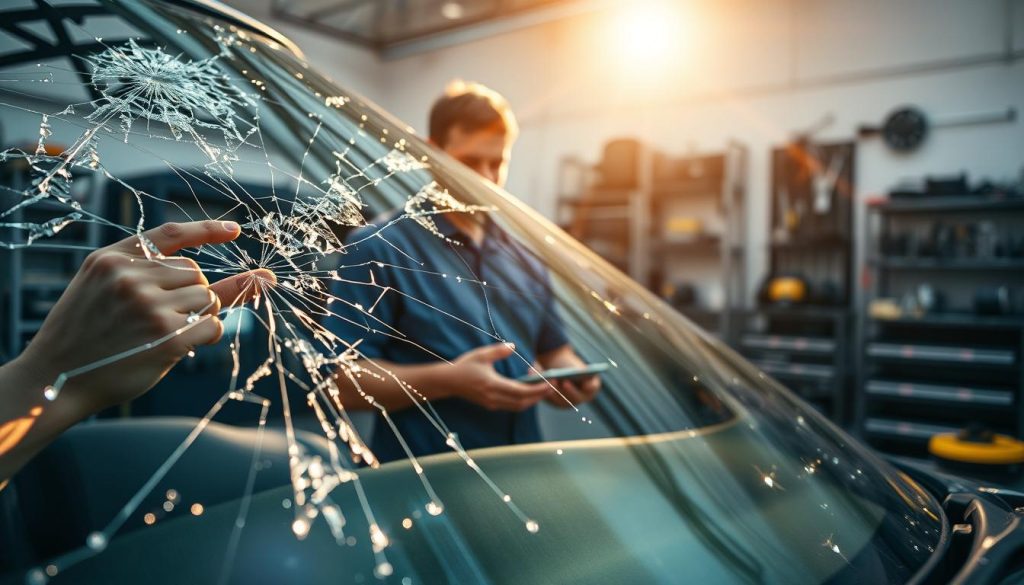
Documenting the Damage for Insurance Claims
Documenting the damage is a vital step for insurance claims. Take clear, well-lit photos of the damage from multiple angles. Make sure to capture the extent of the damage, including any chips or cracks. This documentation will be essential when filing a claim with your insurance provider.
- Take photos of the damage from multiple angles
- Record the date and time of the hail storm
- Note the location where the damage occurred
Temporary Protection Measures for Your Vehicle
To prevent further damage, consider temporary protection measures. If the damage is significant, avoid driving the vehicle until repairs can be made. If you must drive, keep the windshield clean and avoid extreme temperatures. You can also use a windshield repair kit to temporarily fix small chips or cracks.
When to Seek Emergency Windshield Services
If the damage is severe, or you’re unsure about the extent of the damage, it’s essential to seek emergency windshield services. Professionals like those at Miracle Auto Glass can assess the damage and provide hail auto glass repair or replacement services. They can help you navigate the insurance process and get your vehicle back on the road quickly.
Professional Hail Damage Repair Solutions for Your Windshield
Dealing with hail damage to your windshield requires prompt action and professional expertise to repair or replace it effectively. When hail storms hit, the impact on your vehicle’s windshield can be significant, leading to chips, cracks, or even complete shattering.
Repair vs. Replacement: Assessing Your Windshield’s Condition
The decision to repair or replace your windshield depends on the extent of the damage. Minor chips and cracks can often be repaired, restoring the windshield’s integrity. However, extensive damage may necessitate a full replacement to ensure safety.
Understanding Insurance Coverage for Storm-Related Glass Damage
It’s essential to understand your insurance coverage regarding storm-related glass damage. Comprehensive insurance typically covers glass damage, but policy details can vary. Review your policy to know what is covered and what isn’t.
Why Choose Miracle Auto Glass for Hail Damage Restoration
Miracle Auto Glass stands out for its expertise in hail damage restoration. With state-of-the-art equipment and a commitment to customer satisfaction, they provide reliable and efficient services to get you back on the road quickly.
Conclusion: Protecting Your Investment and Safety
After a hail storm, it’s crucial to address any damage to your vehicle’s windshield promptly. Hail auto glass repair can prevent further damage and ensure your safety on the road. Storm damage glass can lead to costly repairs if left unattended, and windshield chips can quickly escalate into more significant problems.
You now understand the risks associated with driving a vehicle with hail-damaged auto glass and the importance of seeking professional help. At Miracle Auto Glass, our experts are equipped to handle hail damage restoration, assessing whether your windshield needs repair or replacement.
Don’t wait until it’s too late; protect your investment and safety by having your windshield inspected. Contact Miracle Auto Glass today to schedule an appointment for hail auto glass repair and take the first step towards ensuring your vehicle’s integrity and your safety on the road.
